Up early, we walked with our headlights on – or rather Sharon did – my headlamp was no longer functioning. On to Palas De Rei (Royal Palace). The moon gave a wan thin smile as the Way climbed yet another Alto, or mountain. The air was crisp and cool and the first glimmer of dawn promised a spectacular light.
And so we climbed. Breakfast at Ventas de Narón – toast and coffee, then Sharon and I ceremoniously binned the headlamps. They were inadequate to the task and. Next time we will buy decent ones.
We set off again and discussed the wonderful comments you have been making on my blog and on Facebook. By now I was ready to wax lyrical about the moss-covered stone walls, the mystical trees, the dark secrets of the stones whispering of Romans and Charlemagne, Templars, and witches. The delicate traceries of cobwebs heavy with dewy diamonds, the call of the birds and the scampering of squirrels were all part of the magic of the Camino. My reverie was abruptly interrupted by a white van lurching around the corner and splashing me from a dung-filled puddle. For some reason Sharon seemed to avoid me for much of the rest of the day, muttering about wanting to be upwind… An unaccountable agricultural odour persisted – even in the coffee shops – and didn’t really depart until I had done the day’s clothes washing… There’s a Camino lesson in there somewhere…
We passed a cross at Lameiros on the Sierra Ligonde hillside.
At Alto de Ligonde we could see islands of hills floating in a sea of clouds. Of such stuff, dreams are made.
We descended passing hamlet after hamlet, village after village with no coffee shop to be found. At Ligonde we passed an ancient cross with a crudely carved latin inscription. On one side was a naive madonna and child, on the other the crucified Christ. The cross was placed in 1670 and marked the sight of a pilgrim graveyard. It was not always as safe as it is today.
We passed tall stands of eucalyptus trees – planted by the Dominican monk who founded the Western Australian monastery of New Norcia.
Brunch at Brea was most welcome.
Here the path is being rebuilt and we could see where they had left ancient stones in place lining a creek ford.
Again the trees formed a tunnel overhead with their intertwined branches. It was most picturesque.
We had seen structures like small houses on stilts which were for drying maize or corn cobs, but at Rosario we found one formed like a giant wicker basket, formed of woven branches with a thatched roof.
And on the right, a genuine weeping angel statue – Don’t Blink! [Dr Who reference]
The modern Albergue looked inviting – very fresh and new looking
More tree tunnels followed
And off to the side were glimpses into mystical woodland, and it would be easy to see where Celtic legends of fairies and magic arose, from the shafts of dawn sunlight piercing the mist and cobwebs among the shadows of the trees. It is a place of the imagination.
Then on to the medium sized town of Palas de Rei. We found the municipal Albergue on the main street, but after ten minutes waiting and calling out in the foyer, we could raise no-one. So we headed off and found a room in an Albergue around the corner and decided to stop there for the night. It was 27 degrees Centigrade (80.6 Fahrenheit) and warm weather for walking. The cafe con leche in a local bar amongst other pilgrims was delicious.
One farm we passed on the outskirts had a graphic ‘Beware of the Dog’ sign – it left us in no doubt that the place was protected. When we saw the dog, it was apparent that it lacked only a saddle – it was one of the largest dogs I had ever seen. But it was chained, and basking in the sunshine inside the fence so it took no interest in us.
On the way into town we saw the broken dreams represented by half-finished houses – victims of the Global Financial Crisis.
This door caught my eye – it was simply beautiful and expertly crafted!
Palas de Rei itself is a decent size – population around 3,500 – and has a good range of shops, bars and restaurants. It lies in Galicia not far from Lugo. The Iglesia de San Salvador de Vilar de Donas is well worth a visit – it is a C12th Templar church, which runs regular pilgrim masses. At the top of the hill you can also find a castle. The presence of such castles is a reminder that we are privileged to have a safe passage on our pilgrimage route. It was not always so.
________________________________________
INDEX – If you wish to follow our journey from the start, or jump in to any of the Camino posts,
here is a link to the index page – also found in the navigation bar at the top of this blog
________________________________________
Why not have these posts delivered to your in-box? Just enter your email address and click the ‘subscribe’ button in the left margin, and don’t forget to respond to the confirmation email in your in-box 🙂

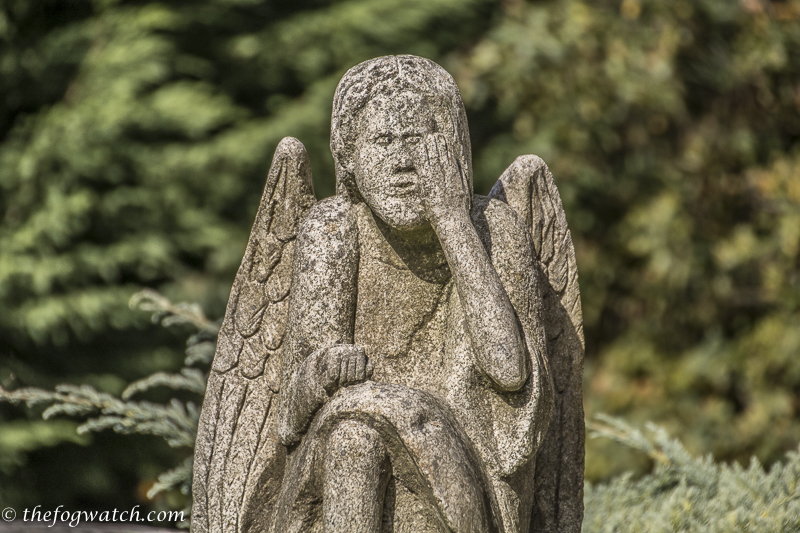
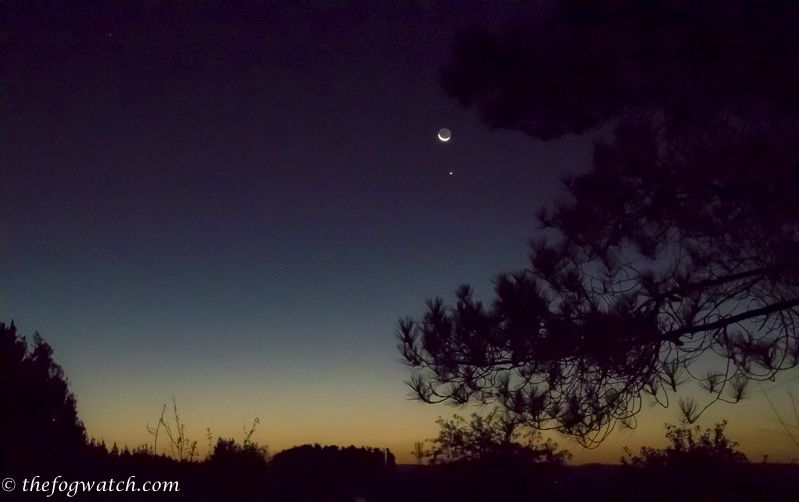
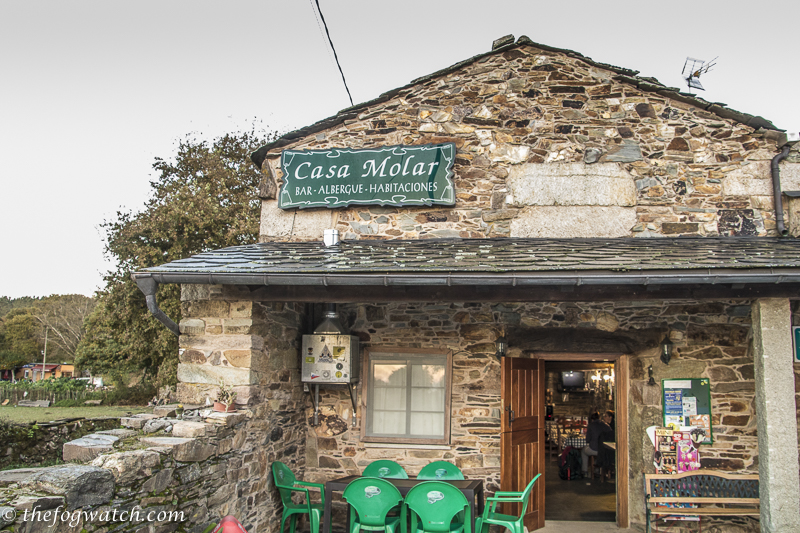
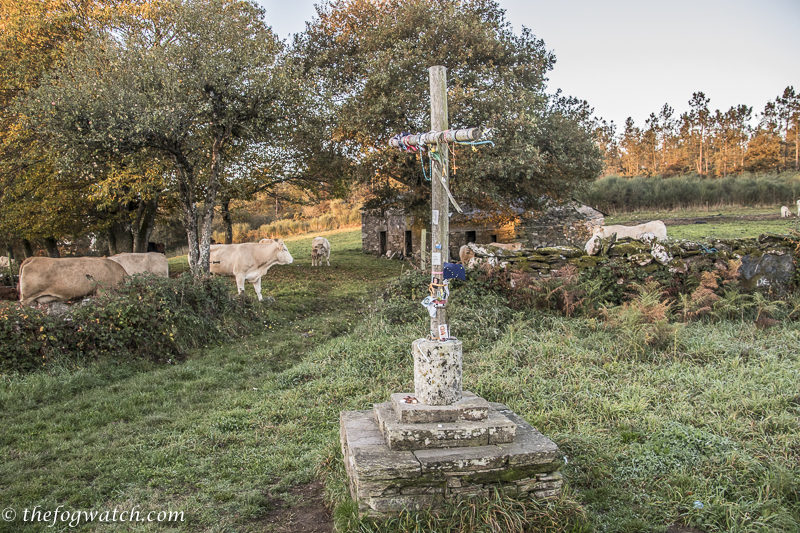
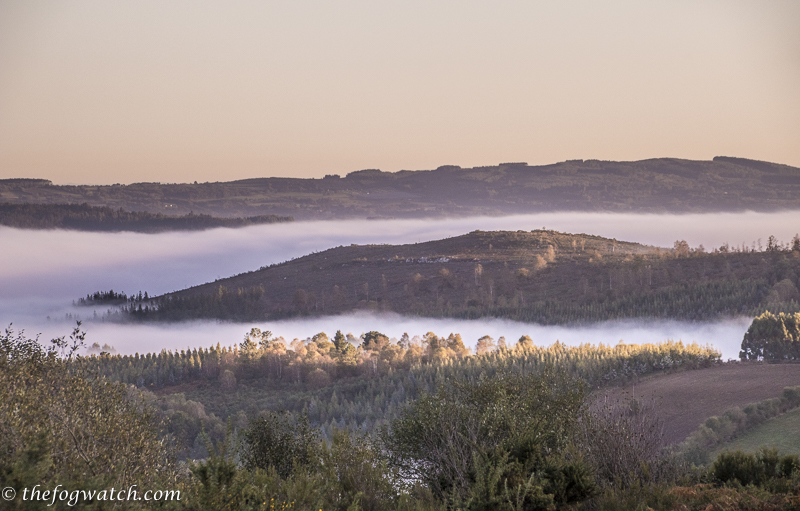
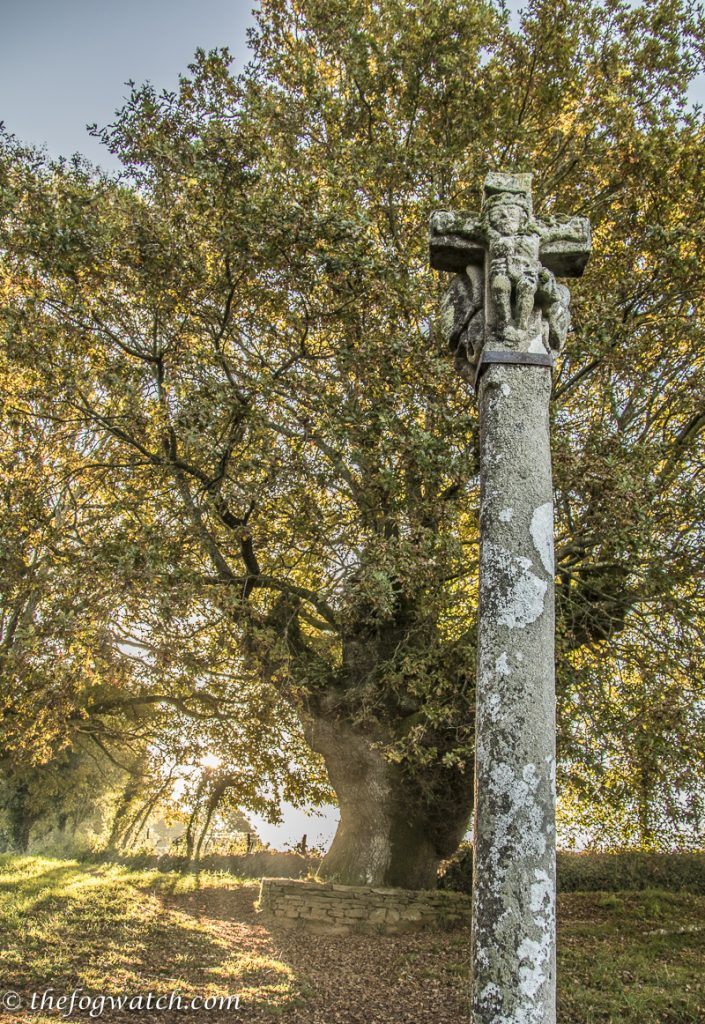
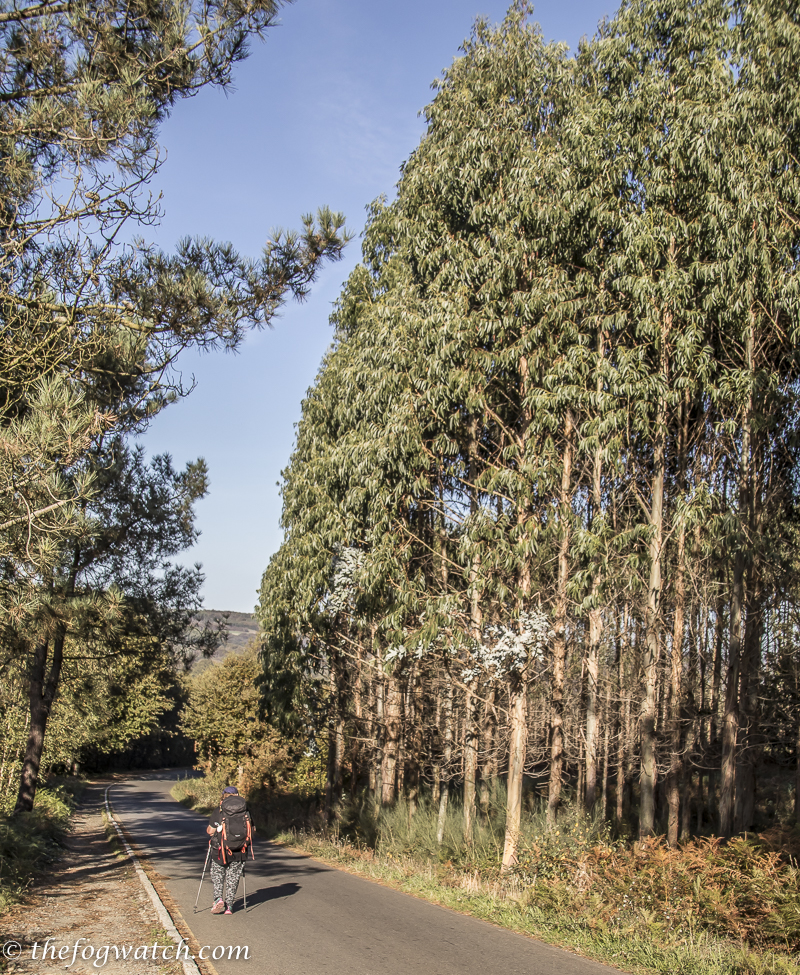
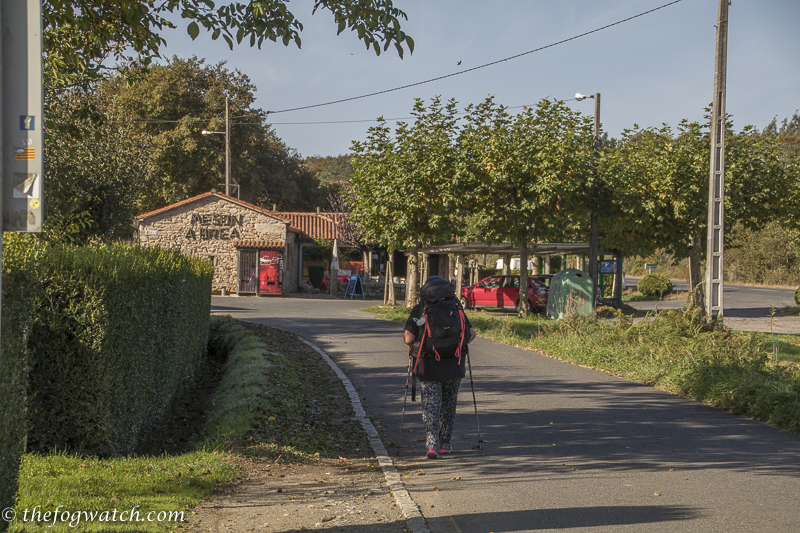
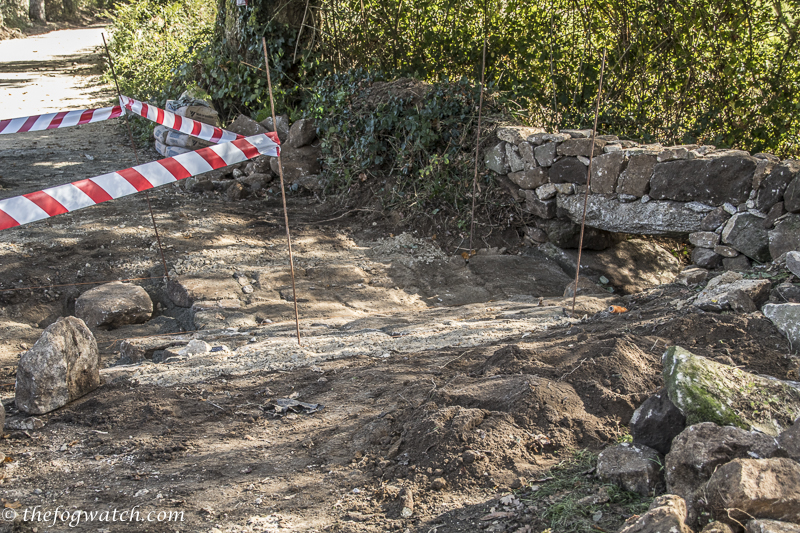
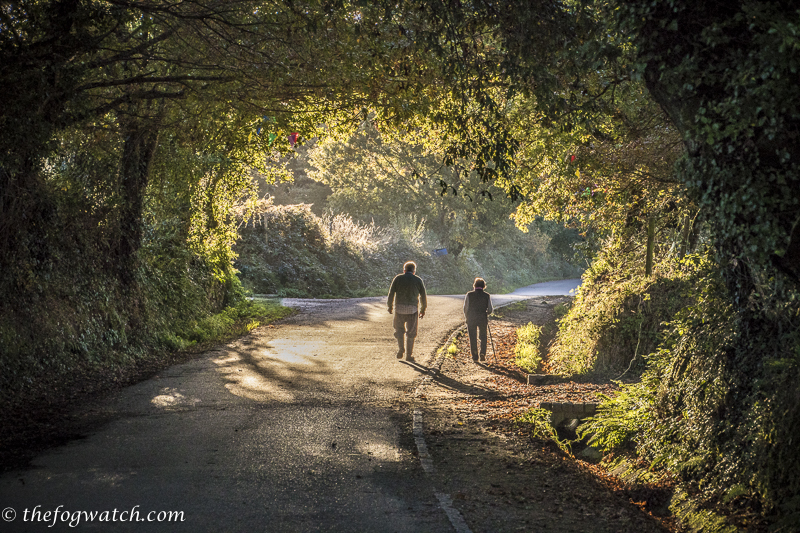
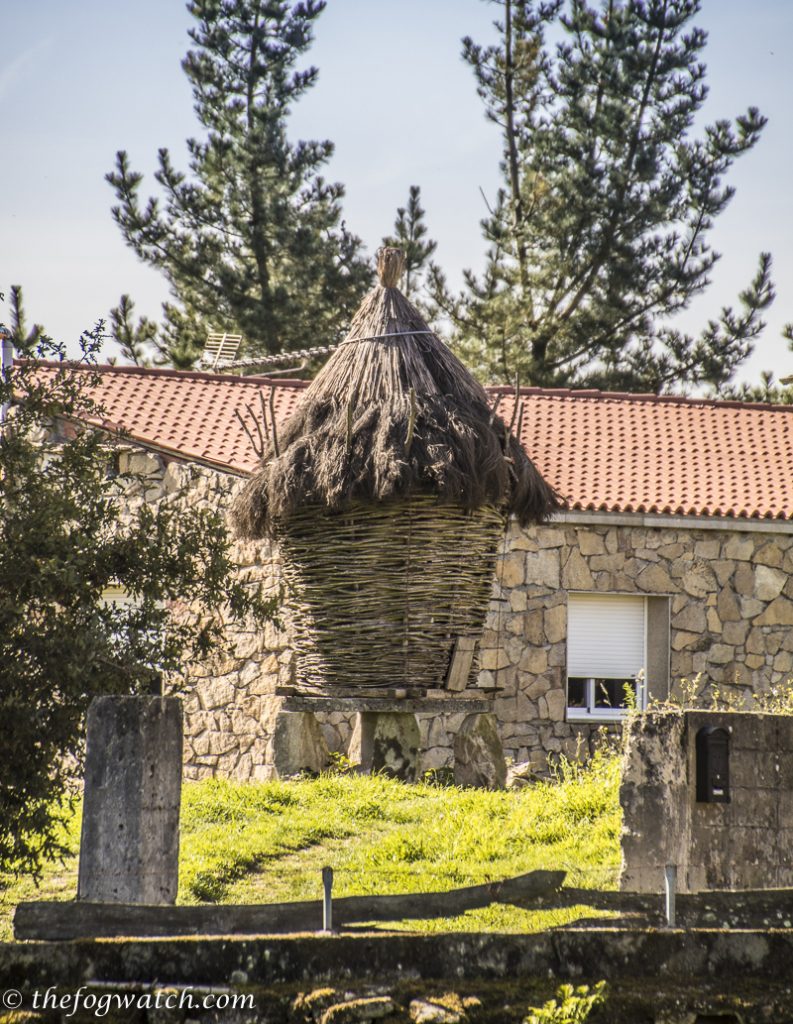
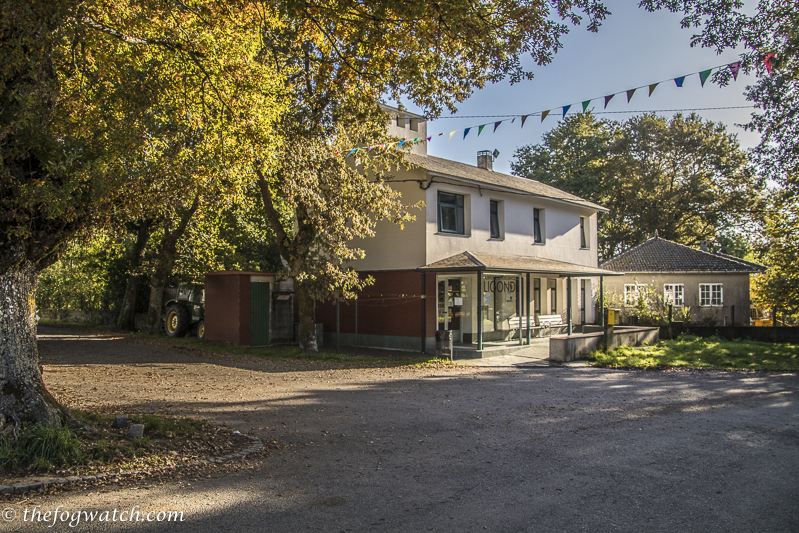
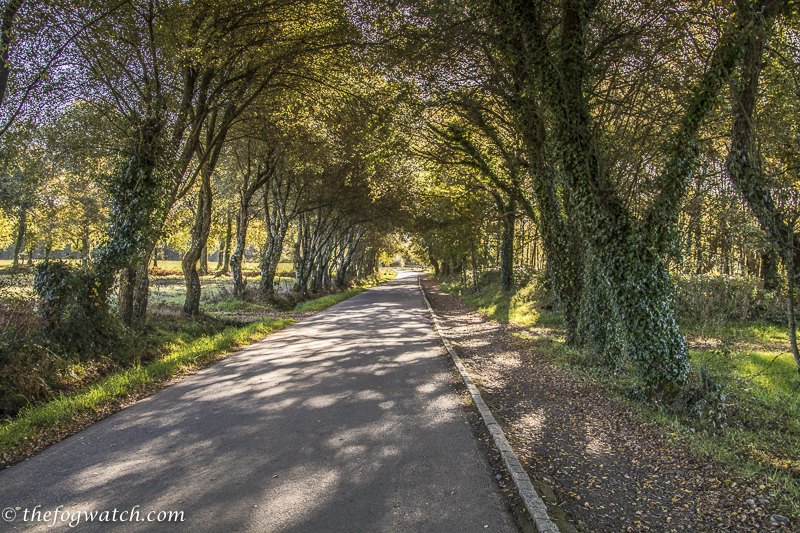
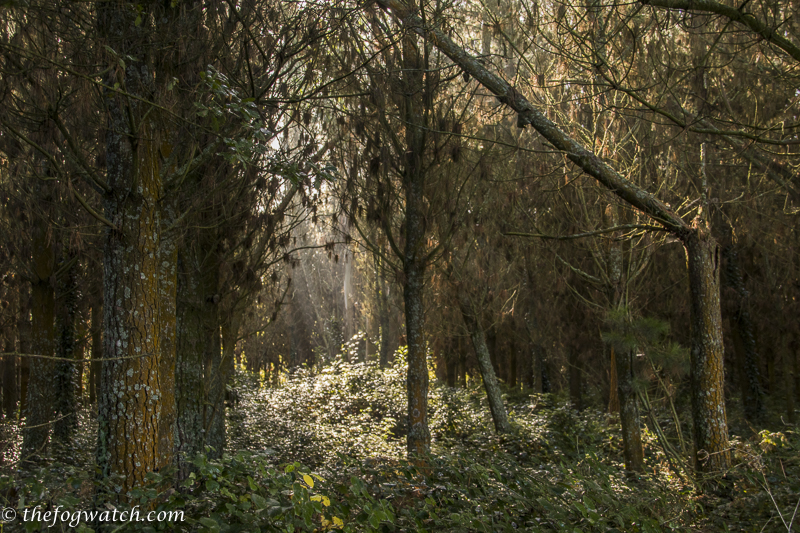
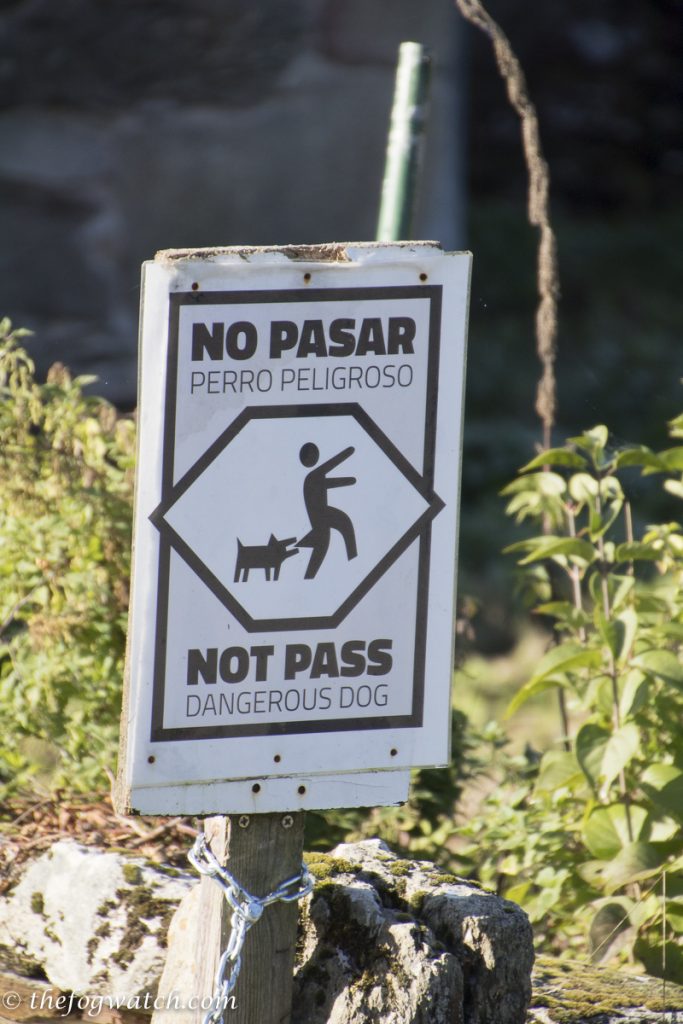
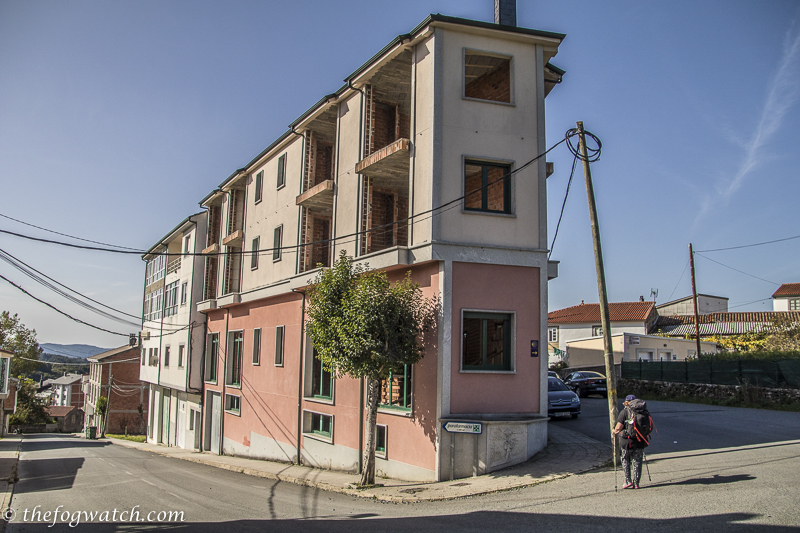
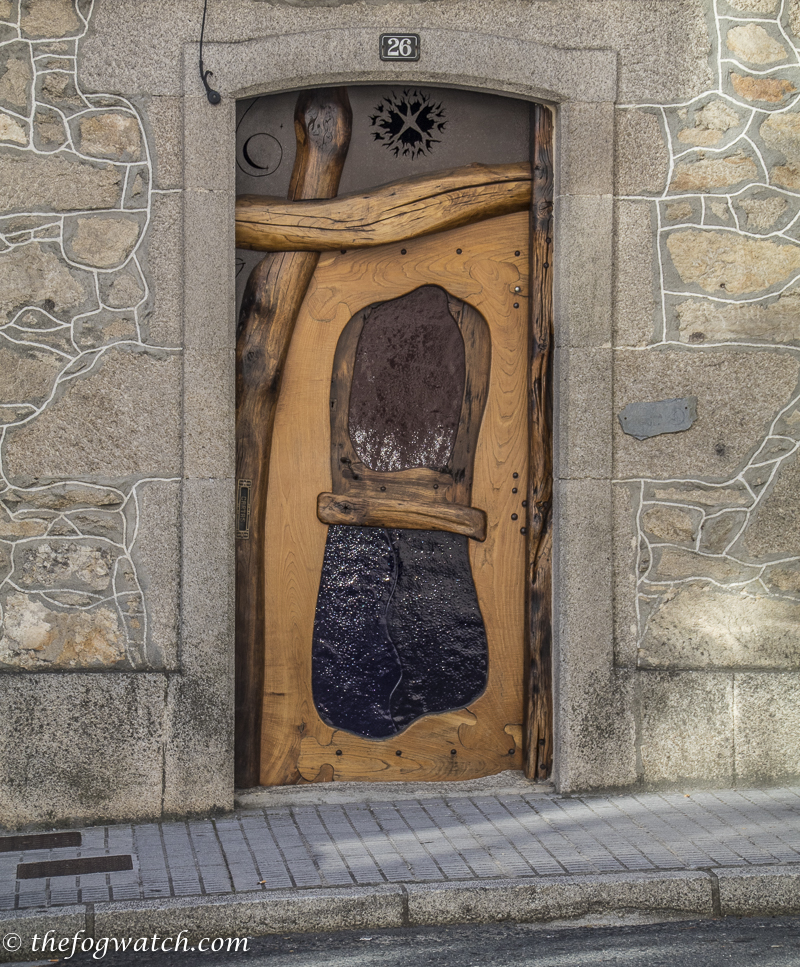
My wife and I have always wanted to do the Camino Frances. However, before attempting it, she fell while descending a mountain in Petra, Jordan, fracturing her left ankle AND foot, three years ago.
I am proud of her because, despite this, she has decided to do it from Sarria onwards and we have already made bookings for September 2021, hoping that the pandemic will then be something of a recent past.
I love your writing style and great photography.
Thank you.
Hi Roger, thanks for your kind words. Sorry to hear about your wife’s fall — but it’s great that you guys will at least be able to go from Sarria — it is a beautiful stretch of the Camino and very well maintained. And there’s a lot of historical interest along the way too! On a separate note, I have always wanted to get to Petra and hope to do so once the Covid vaccine is widely available 🙂 Buen Camino!
Hi Jerry & Sharron,
Just love reading about your trip! Not sure I could do this, would have to train, but would that still prepare you for this journey? Would love the being outside each day and seeing the beautiful world we live in. Love the tree tunnels! ( would be great on a crazy quilt!) That door is amazing. Thank you for sharing your journey with us.
Robin
Hi Robin – thanks for your lovely comment – Most people are capable of walking the Camino, but I think training is a big part of the preparation for the trip. The great thing about it is that with towns and villages every 3-5 kms you can be quite flexible about how far you walk each day. I agree – each day we saw landscapes worthy of a crazy quilt 🙂
Always enjoying your posts and I love the dog without saddle, ha, it is so funny I laughed out loud – the door is fantastic as are all your photos.
Thanks Anneliese – I loved that door – and I think it would look great on our house. 😀 I’m glad you’re enjoying the posts 🙂
Hi Jerry, sorry to say but that splash story was funny. I thought the walking was nice in this stage. I also stayed at Palas de Rei. That’s a very cool looking door. Your photos are are beautiful. I like the tree tunnels a lot.
Heheh thanks Kathy – I had to laugh too when it happened though it did catch me by surprise! Not much I could do about it either until I managed to get changed later when I did my washing. 😀 I love seeing the tree tunnels and the eucalyptus trees brought me straight back to home. While not homesick as such I was struck by how the smell of eucalyptus instantly reminded me of my morning walks at home. It was also good to have something in the air that didn’t smell of manure LOL!